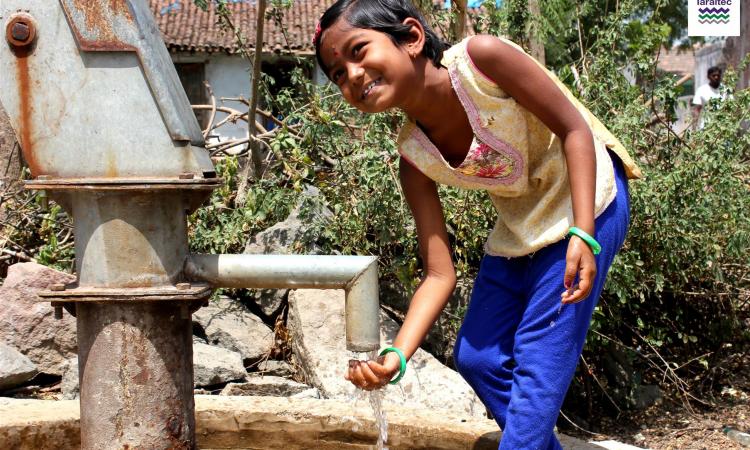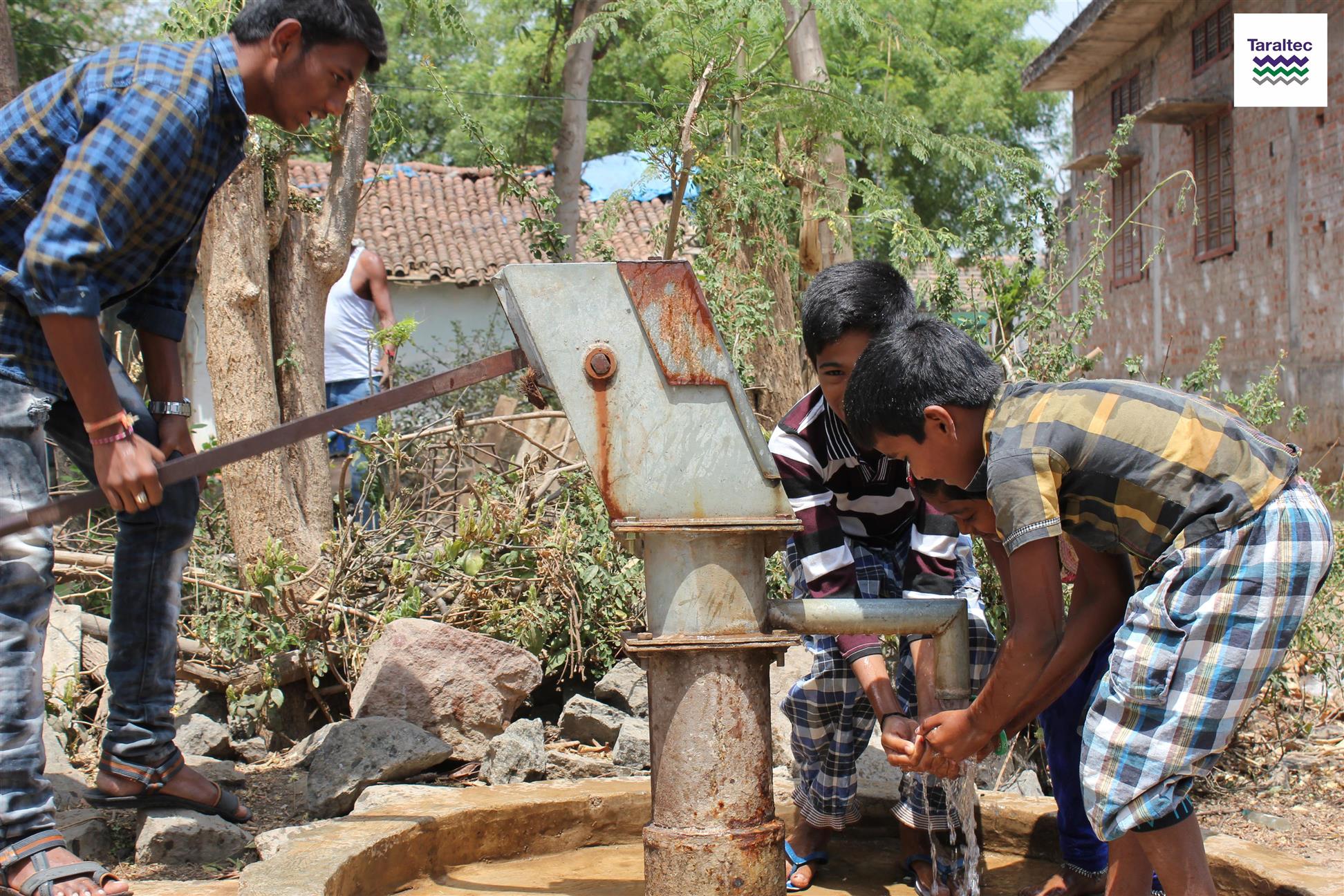
The United Nations, in its sustainable development goals (SDGs), has earmarked 2030 as the year by which universal and equitable access to safe and affordable drinking water for all is to be achieved.
To be able to do so, we would need to ensure that the 663 million people who currently drink water from unprotected sources, as per the WHO and the UNICEF Joint Monitoring Programme Report of 2015, are able to access uncontaminated drinking water. Globally, the main health concern is faecal contamination, which is identified by the presence of bacteria such as E.coli in it.
Closer home in India, waterborne diseases affect millions annually, often arising out of poor sanitation practices. Children die of diarrhoea. Cholera and typhoid cause a widespread casualty. Over a trillion rupees has been spent on providing safe drinking water since the inception of the First Five Year Plan in 1951. Yet, the lack of secure drinking water continues to be a major hurdle and a national economic burden. About 73 million working days are lost to waterborne diseases each year which translates to a loss running into billions of rupees: a severe burden on our growing economy.
Currently, to tackle the problem of unsafe water, conventional methods like boiling the water or using disinfectants or filters are used around the world. But there are several drawbacks to it--recurring price, consumables, a need for regular specialised monitoring, etc. Disinfectants, if not dosed in precise quantities, could turn carcinogenic. Besides, in remote and far-flung areas of India, where collecting water to bring back home is itself an uphill task, there is rarely an option available to “treat” water.
Taraltec Solutions Pvt. Ltd., an Indian start-up company, has pioneered an innovation that aids in the eradication and elimination of waterborne diseases.
The scientific principle propelling the applications of Taraltec is inspired by biomimicry. In nature, a snapping shrimp (Alpheidae) attacks its prey by shooting a jet of water by snapping its claw, causing a low-pressure bubble in its wake. When it collapses, for a tiny fraction of a second, temperatures soar to more than 8000F.
In this innovation, by harnessing fluid dynamics, cavitation bubbles are formed. Each bubble then implodes with an intense localised energy release, with temperatures to the extent of several thousand degrees, pressures of several hundred bars with intense shear and turbulence. This energy is harnessed to create precise conditions for physically killing microbes.
One of the applications of the company, with patent applied for, is the Taraltec™ Reactor. This low-cost device can be easily retrofitted into the India mark 2 model (the most widely used hand pump in the world), or even into any motorised borewell within an hour by a local plumber with no special tools. With its nil operational expense and low capital investment, the Taraltec™ Reactor is ideal for all underserved remote areas. The reactor, once fitted at the source of water that is collected for drinking purposes, needs no further maintenance. There is neither any need for specialised personnel, nor for separate electricity.
Existing bacteria is eradicated by over 99 percent in any water that passes through a Taraltec™ Reactor fitted inside a borewell. As can be expected, this has a significant impact on the health of all those households sourcing its water from any single hand pump. By preventing illness, and by securing the future well-being of multiple communities, this innovation has the power to unlock human potential.
India Water Portal does not market or endorse any particular brands or products. This article has been voluntarily contributed for the wider dissemination to India Water Portal's audience.
/articles/accessing-clean-water-easily